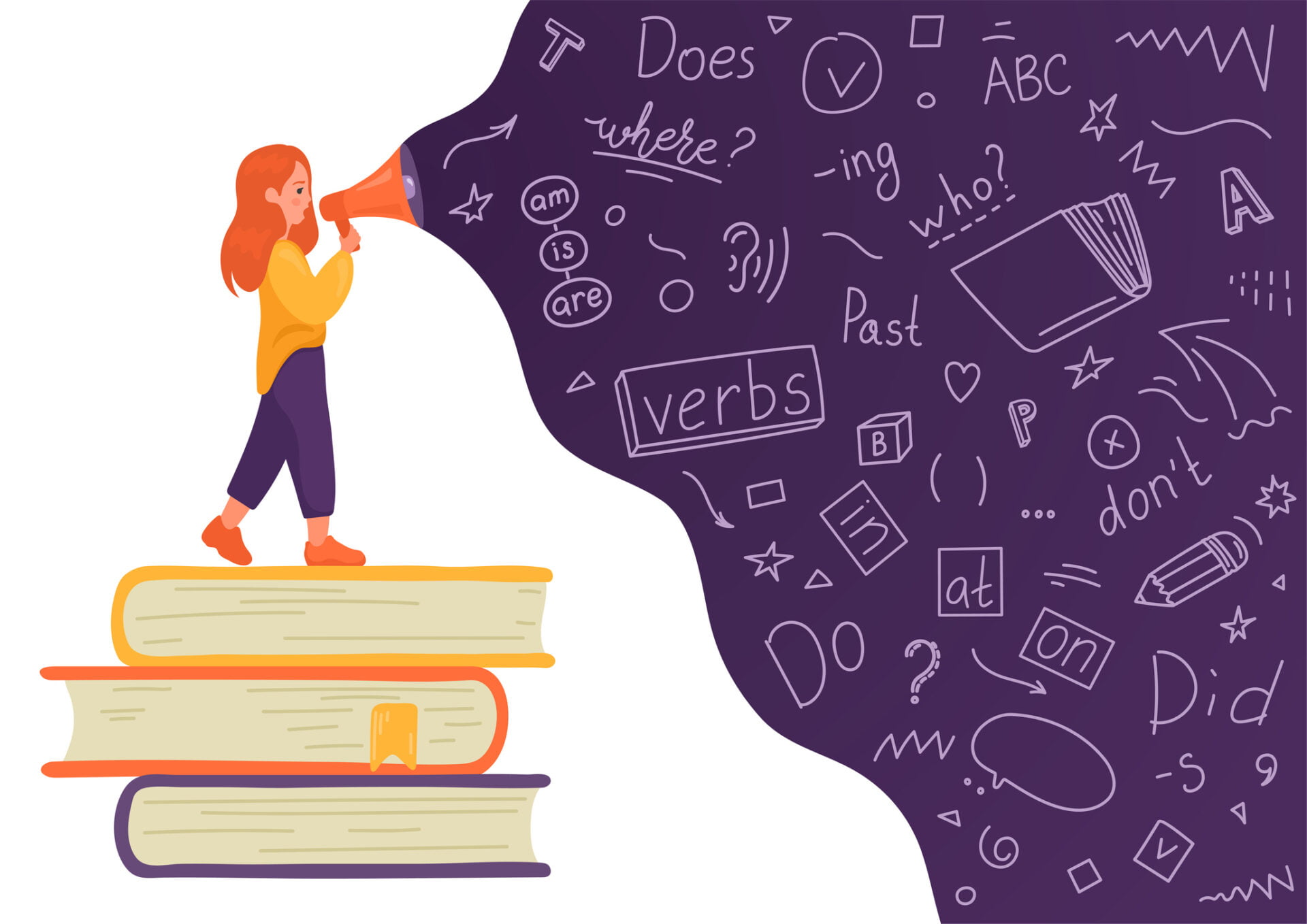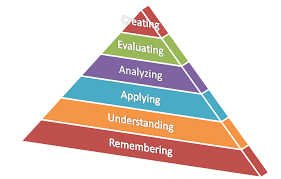
The ICT and E-Learning course introduces students to essential digital tools for their
learning, including Microsoft Office, Google applications, free access and learning management
system platforms, email management, as well as video conferencing tools. Hence, this course aims
to bridge the necessary digital literacy gaps of students and equip them with the digital skills needed
for their university studies.
- Dr.: SOUMIA BOUHAFS

Le cours Bioinformatique fournit aux étudiants les bases indispensables à l’analyse des données génétiques.
Il est destiné aux étudiants en L3 Biologie, spécialité Génétique.

Course Description:
This lecture-based course is composed of two units. Unit 1: Introduction to Verbs covers the definition of verbs, their types (main, auxiliary, and modal), and practical usage. Unit 2: Verb Tenses includes an overview of verb tenses, differences between regular and irregular verbs, and applying tenses in context.
The course also includes practical exercises to help students reinforce their understanding.
Target Audience:
First-year students of English.

Introduce the basics of operating systems, their role in managing computer resources and the mechanisms and techniques used to achieve this.
Target audience : 1st year engineer.
The purpose of the course named "Introduction to Operating Systems 1" is:
To recognize fundamental concepts and components of operating systems.
To distinguish the architecture, functions, and services provided by operating systems.
To develop essential practical skills in Linux/UNIX system usage and management.
To analyze how operating systems manage files, processes, users, and system resources.
To apply foundational command-line operations for file, directory, and user management.
To illustrate the structure and functionality of Linux file systems, including inode concepts and permissions management.
To prepare students for advanced study in operating system internals and administration.
- Dr.: ABDESSAMAD SAIDI
Have you ever considered the process by which sounds transform into words, or how those words convey meaning? This course provides an in-depth exploration of the intricate mechanics of human language. It is designed for language enthusiasts, prospective educators, and individuals who seek to understand the principles of communication. We will systematically deconstruct language, examining elements from individual sounds to complete sentences. This approach is intended to be engaging, interactive, and highly informative.
Target Audience: L2 English Section and FILA2 (Applied English-International Finance)
General Objectives: This course, “Linguistics”, aims to:
- Define the different linguistic levels of analysis.
- List key tools (e.g., IPA, tree diagrams) and techniques used in linguistic analysis.
- Explain the nature and structure of human language using linguistic terminology.
- Explaining how linguistic features vary by context.
- Apply the rules of levels of analysis in language.
- Dr.: WASSILA OULDJI

The study of literary texts involves close reading literary works that range from poetry, to prose fiction. It aims to familiarise students with the method of analysing literary works to extract their meanings and observe their forms.
At the end of this course,
-Students are going to understand the method of literary analysis
-Students will explore a number of influential literary movements.
- Enseignant: IMANE LABIAD

This course is related to methods and techniques that can help new University students know how to study in an effective way. The target learners are students of first year major in English.
This module aims at:
- Identifying the importance of some study habits at the university level.
- Recognizing some initial study skills.
- Interpreting different study skill notions and techniques.
- Enseignant: AMINA TCHOUAR

Reading and Text Analysis course is targeted to L2 students. It is designed to test the students' ability to read and understand passages on academic topics from journals, books, newspapers and magazines. This course aims to equip students with the skill of effectively processing the content of a text and comprehending its meaning. It also tests a range of different reading skills through different types of reading tasks
- Dr.: FAYZA BOUZAKI
